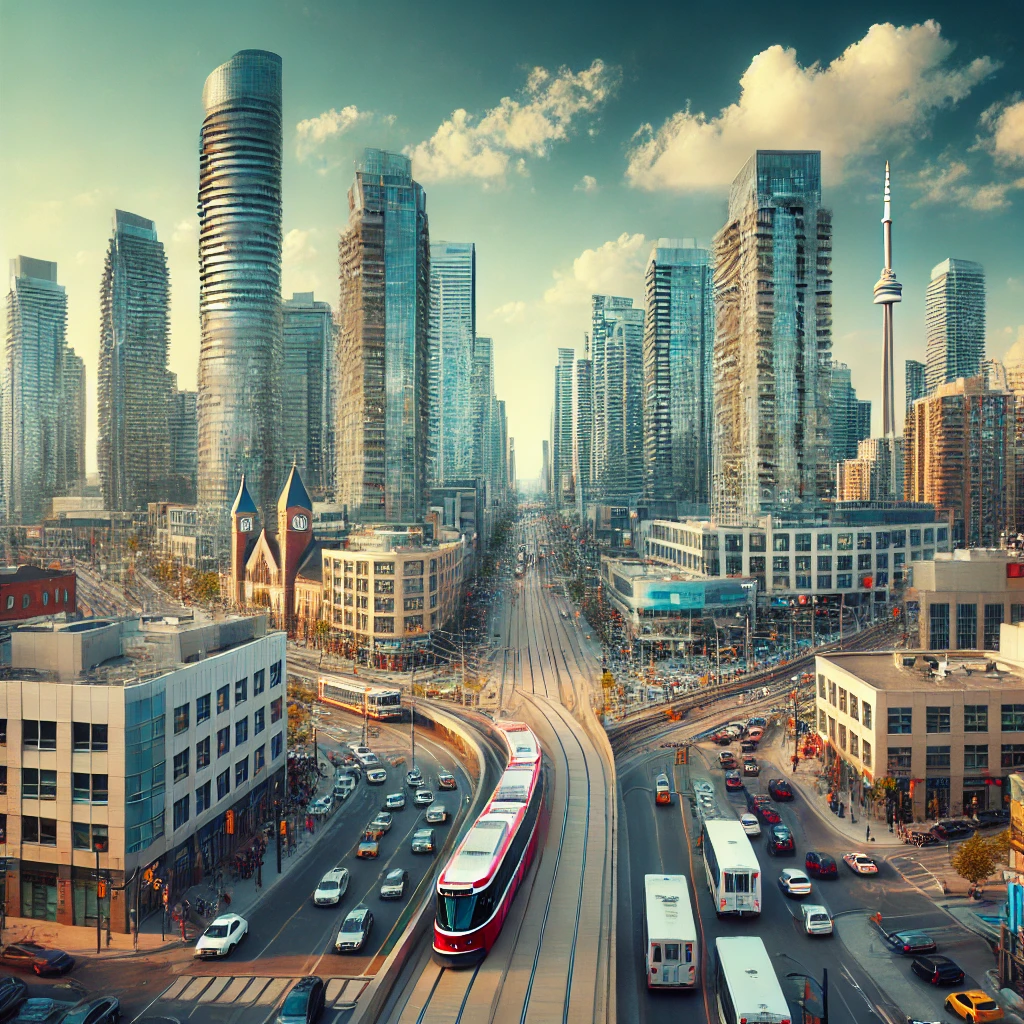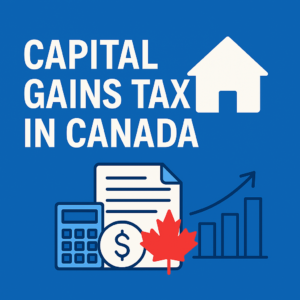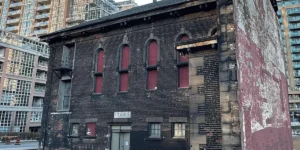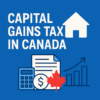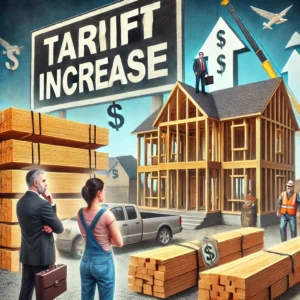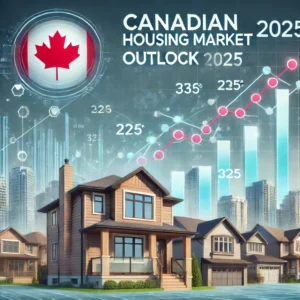The City of Toronto is proposing a 6.9% tax increase to fund its 2025 budget. This increase includes a 5.4% hike in residential property taxes and a 1.5% increase to the City Building Fund, designed to help finance critical services and large infrastructure projects across the city. Mayor Olivia Chow and budget chief Councillor Shelley Carroll revealed the proposal to reporters on Monday, outlining how the new budget aims to improve the quality of life for Torontonians.
Highlights of the 2025 Toronto Budget
The proposed budget features a combination of residential property tax increases and additional funds for major infrastructure projects. Below are the key points:
- 5.4% Residential Property Tax Increase: The residential tax hike is part of a broader $18.8 billion operating budget. This increase will help maintain essential city services and invest in affordable housing, transit, community services, and public safety.
- 1.5% City Building Fund Increase: The 1.5% increase supports the City’s long-term capital plans, including a $59.6 billion proposal for transit and housing infrastructure projects from 2025 to 2034.
- Tax Increase on Commercial and Industrial Properties: Multi-residential properties will see a 2.7% tax increase, while commercial and industrial properties will also face a 2.7% hike, contributing to the overall increase.
- Largest Capital Plan in Toronto’s History: The City Building Fund increase is part of the largest 10-year capital plan in Toronto’s history, amounting to $9.8 billion in additional funding for transit, flood protection, and other essential infrastructure upgrades.
Mayor Chow emphasized that these changes would bring tangible benefits to residents. “This budget will mean real change for Torontonians,” she said, pointing out improvements like extended library hours, frozen transit fares, and more support for tenants. Additional investments in public safety and infrastructure will also make Toronto a safer and more livable city for everyone.
Impacts of the Proposed Budget on Daily Life
Mayor Chow highlighted several key benefits of the proposed budget that will directly impact the daily lives of Torontonians:
- Library Hours: Libraries will remain open seven days a week, offering more access to educational and community resources.
- Public Transit: TTC fares will remain frozen while service increases, making public transportation more affordable and accessible for everyone.
- Community Support: Thousands more children will receive meals at schools and summer camps, addressing food security issues.
- Housing Initiatives: The budget includes measures to prevent renovictions and increase support for tenants, including a focus on affordable housing projects.
- Emergency Services: The addition of traffic agents will help keep the city moving, while improvements in emergency response times will ensure that help arrives when needed most.
Toronto Police Service and TTC Budget Updates
Before the release of the city’s budget, other key city services also finalized their budgets. The Toronto Police Service Board approved a $1.2 billion budget for 2025, which includes a $46.2 million increase to support frontline and investigative efforts as well as the expansion of the Neighbourhood Community Officer Program.
Meanwhile, the Toronto Transit Commission (TTC) has set a $2.8 billion budget for 2025. This budget freeze in fares for the second consecutive year is paired with a 6.5% increase in funding to ensure reliable service, cleanliness, safety, and long-term capital improvements.
Challenges and Budget Pressures
When the city began crafting the 2025 budget, staff faced $1.2 billion in initial pressures, which stemmed from increased costs across various services. To address these pressures, they identified $680 million in reductions and offsets to balance the budget. Despite these challenges, the city is committed to providing Torontonians with better services and a stronger foundation for the future.
What’s Next for Toronto’s Budget?
After the proposal is unveiled, it will go through a series of committee reviews and public consultations. The final budget must be presented by February 1, 2025, and will be voted on by city council on February 11, 2025.
Conclusion: Looking Ahead
The proposed 6.9% tax increase for 2025 represents a bold step toward ensuring the long-term health of Toronto’s infrastructure and public services. While this budget will bring about higher taxes for residents and businesses, the proposed improvements in housing, transit, public safety, and community services are designed to benefit the city’s growing population. As Toronto moves toward implementing these changes, it will be critical for residents to stay informed and engaged throughout the upcoming consultation and review process.
With Mayor Chow’s vision and a focus on strategic investments, Toronto is working to create a city that is safer, more accessible, and better equipped to handle the challenges of the future. This budget reflects the city’s collective priorities, ensuring a better quality of life for Torontonians in the years to come.

